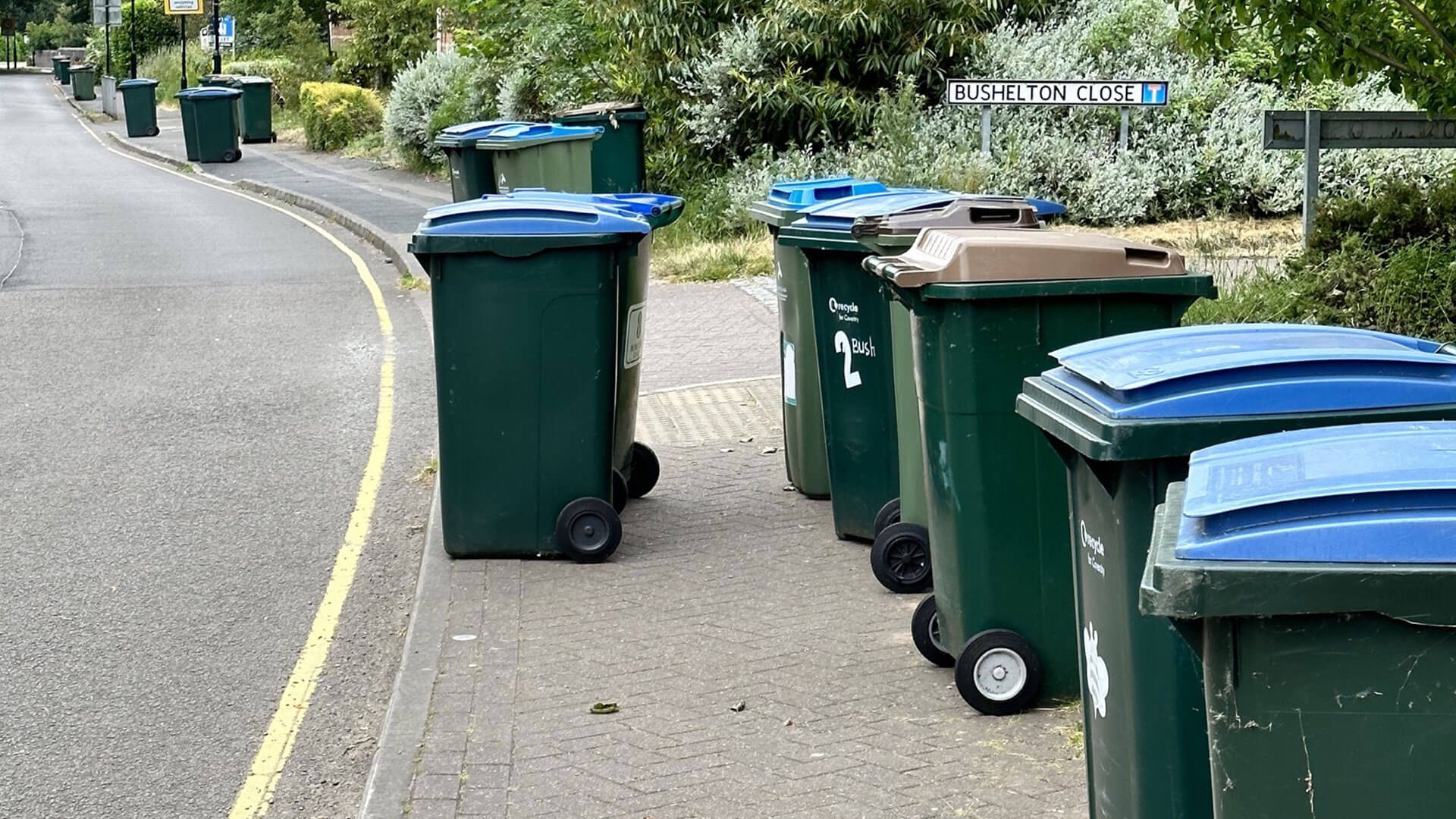What is the project about?
Streetscapes are the pavements, walkways and roads we use every day. It gives people the freedom to move and access the world. But street furniture, like outdoor dining, bins, bus stops, benches all add obstacles and challenges for disabled people.
Plus, with new green transport on the horizon, more furniture will be added to our streetscape, with e-scooters, vehicle charging cables and charging posts. We need to act now, so that we ensure the streetscape remains accessible and inclusive.

What it seeks to do?
This pioneering ncat project will be the first to understand the issues of today and the future. Crucially, we will engage with disabled people to design truly accessible and inclusive streetscapes for our towns and cities.
Through this work, ncat will ensure the green transport revolution does not come at the cost of accessibility.
How it seeks to do it?
The project will put disabled people at the centre of the research through an online questionnaire, interviews and an innovate design workshop. Throughout, disabled participants in the research will share their lived experiences with researchers, designers, and policy makers to design real solutions for the streetscape issues both today and the future.
What we’ve done so far
Twenty six participants were interviewed in depth, with interviews lasting 40-60 minutes.
Preliminary analysis has found a range of streetscape issues present, such as a lack of dropped kerbs, poor pavement surfaces, pavement parking and changing, inconsistent street furniture. The initial in-depth analysis has found a significant number of cases where when the issues were raised with a local authority, people were either dismissed and told it was a non-issue or ignored.
This links to strong feelings of being ‘invisible’, ‘unheard’ and being a sub-thought it minds of society.
Participants frequently mentioned being weary and exhausted at the thought of sharing the issues with a LA, for fear of rejection and dismission.
Second study design is in progress, this will be an online survey focussing on the key topics raised in the interviews.